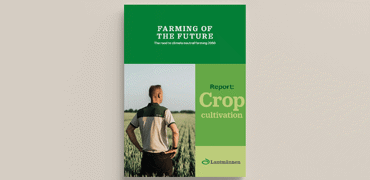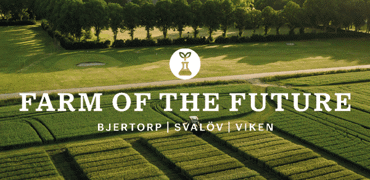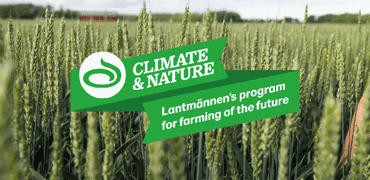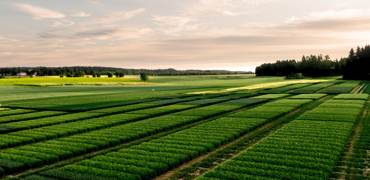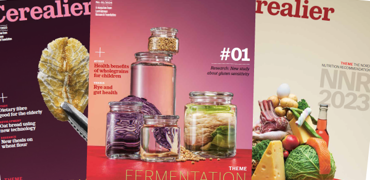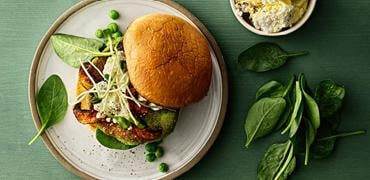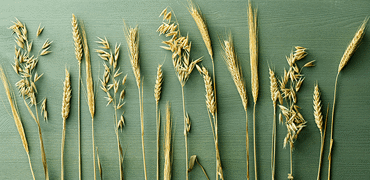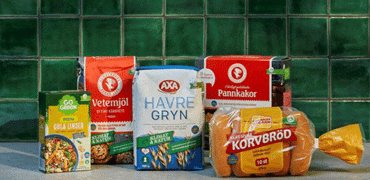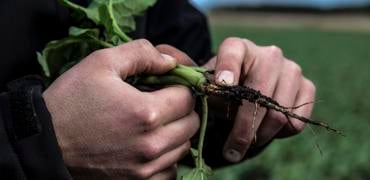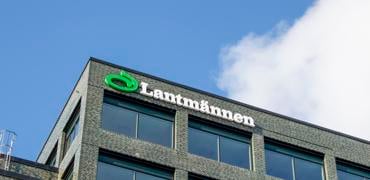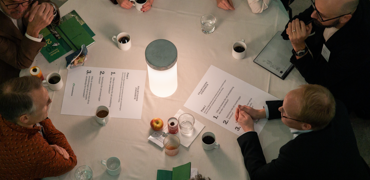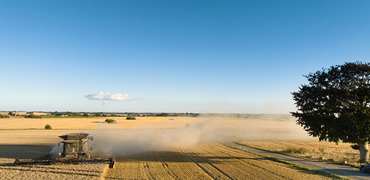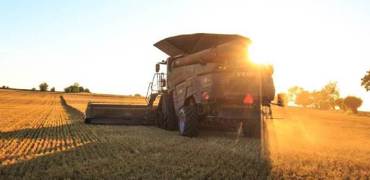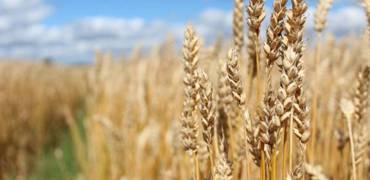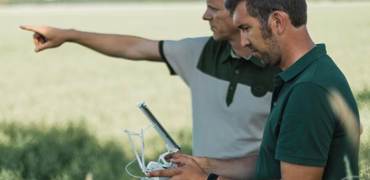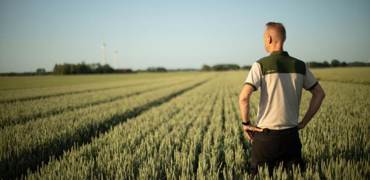The collaboration is a big step forward for Swedish agriculture and will help approximately 20 farms transition roughly 2 700 hectares to more sustainable farming.
“We at Paulig believe that the food industry is a part of the climate solution, and that agricultural transformation is key to achieving sustainable food systems. By working together with our partners and suppliers in the food value chain, we are able to reduce the climate impact of our products and make more sustainable choices available to consumers. This partnership with Lantmännen marks an important milestone in the realization of Paulig’s science-based climate targets aimed at reducing greenhouse gas emissions from the value chain by 50 percent by 2030”, says Rolf Ladau, CEO of Paulig.
Paulig has set very ambitious climate targets which have been approved by the Science-Based Target initiative and are committed to limit the global temperature rise to a maximum of 1.5°C. Lantmännen’s Climate & Nature program drives the implementation of more sustainable farming practices to meet the tough requirements defined by the Paris Agreement.
![]()
Partnerships throughout the food value chain are key to achieving a greater impact and transforming the food system.
“Partnerships throughout the food value chain are key to achieving a greater impact and transforming the food system. We are proud to be able to announce this collaboration and welcome Paulig to the program. Together, we will be able to accelerate transformation, meet market demand for more sustainable products, while at the same time making it profitable for farmers to adopt more sustainable farming practices,” says Karolina Valdemarsson, Country Managing Director at Lantmännen Cerealia Sweden.
The cultivation methods used within the Climate & Nature program reduce carbon dioxide emissions by as much as 30 percent by implementing climate-smart plant nutrition, fossil-free fuels and precision farming. Biodiversity is enhanced by so-called “skylark plots” (unseeded areas where birds can land and find food), flowering zones and chemical-free seed treatment.
Tortillas is Paulig’s biggest product category, making this collaboration highly impactful from a sustainability perspective.
“Currently, 700,000 portions of Santa Maria Tex Mex are served each day across 40 markets. This partnership is meaningful to reducing our greenhouse gas emissions in one of our largest value chains. In 2023, we will begin baking with this more sustainable wheat flour and the tortillas will hit store shelves in the Nordic and Baltic countries later that year,” says Henrik Samuelson, SVP Scandinavia & Central Europe, Paulig.
Fact box: Climate & Nature
-
Climate & Nature is Lantmännen’s program for Farming of the Future that includes specific measures to reduce climate impact from cultivation and boost biodiversity, carried out by contracted farmers on their own farms.
-
*With the program, Lantmännen has reduced the climate footprint from wheat cultivation by 30 percent since 2015.
-
The program is dynamic and criteria for more sustainable farming methods will be added continuously, further reducing the climate impact.
-
The sustainable grains are then used by Lantmännen Cerealia to produce flour and food products.
Fact box: Paulig
-
Paulig is a family-owned food and beverage company, founded in 1876.
-
The company's brands are Paulig, Santa Maria, Risenta, Gold&Green and Poco Loco.
-
The products are sold in more than 70 different markets around the globe.
-
Paulig is Europe’s largest supplier of Tex Mex food.
-
Paulig aims to reduce greenhouse gas emissions from its value chain by 50% by the year 2030, compared with the 2018 baseline. In addition, Paulig aims to reduce greenhouse gas emissions from its own operations by 80 percent by 2030.
-
Paulig reported sales of EUR 920 million in 2020.






